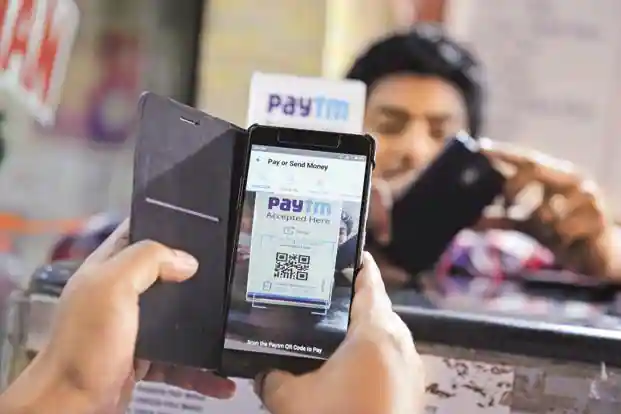Speaking at the ET Financial Inclusion Summit, Mastercard’s South Asia Division President Nikhil Sahni said that the volume and value of paper-based instruments such as cheques have fallen in the last financial year. He said that the retail digital payments led by UPI-based transactions have improved.
He reinforced the increasing digitals payments during the pandemic-induced lockdown, which made virtual bills the default mode for the population in isolation.
“Internet connectivity, smartphone ownership, and provision for Jan Dhan accounts, something the prime minister himself envisioned, have been steps in the right direction as far as digital payments are concerned,” Sahni said.
The number of paper tools like cheques had fallen through 35 percent and 28 percent through worth within the closing monetary year. While simultaneously, the increase in retail virtual bills to 16 percent was seen which led to UPI-based payments double.
Sahni said that the spending on digital infrastructure by the government during a crunch in private consumption will be beneficial. “Government spending on digital infrastructure at a time when private consumption is fundamentally sagging will boost economic growth and have a multiplier effect, making economic activity much more efficient and environmentally sustainable,” he said.
He spoke on the need for a regulatory regime to cross-operation enabling for businesses and individuals. “Regulations should aim at desired outcomes regardless of the players who deliver them and create conditions for the competition where required and collaboration where needed.

We need data protection laws that encourage ethical behavior and do not disadvantage people and players to the common detriment,” he said.
Many top banks and payment operators also spoke at the Summit, who claimed that with the spike in cyber frauds over the past year and a half since the pandemic, there should be collaborations to tackle the issue.
The COO of IDFC FIRST Bank, Madhivanan Balakrishnan said, “While the digital segment has grown multifold it’s become easier for fraudsters to take advantage of lack of less tech-savvy consumers; for us, it’s a fine balance between creating a great user experience versus compliance and authentication.”
The Executive Director of Infibeam Avenues & Chairman of Payments Council of India, Vishwas Patel expressed his concerns over the telemarketing frauds that have taken over the vulnerable population.

“Bottom of the pyramid, financially gullible and the elderly are easily defrauded by telemarketing; people are easily sharing OTPs on the phone and bad merchants have come into the system as well,” he said.
After introducing virtual bills to at least 1 billion people, the American financial services corporation is planning to transform 1 billion other companies and individuals across the world within the next four years.
“Our investment in financial inclusion is part of a wider commitment to society…Mastercard will be delighted to partner with the government as well as other players in enabling a truly digital India,” Sahni said.
















